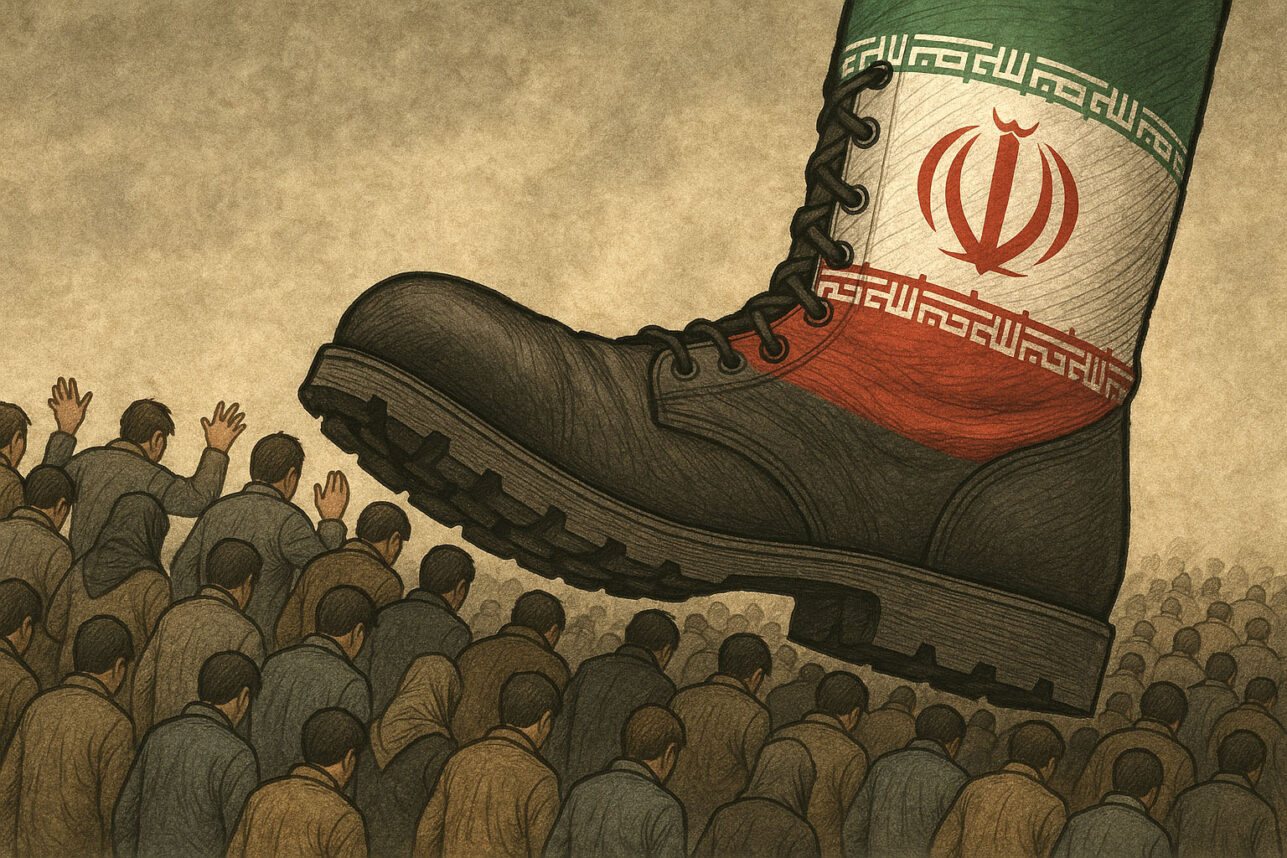
Three weeks ago, six Palestinian prisoners fled from an Israeli prison in a daring escape through a tunnel. The instinctive tendency of many of us, when we witness such audacious move, is to root for the fearless prisoners. But the adults among us were quick to return to their senses. The fleeing prisoners aren’t innocent prisoners of conscience. They are bad people. They are extremist zealots. They are murderers. Most are members of Islamic Jihad—a groups whose ideology would give most of us the chills.
And they are also the enemy. Sometimes, it is important to remember to applaud your friends, not enemies.
The prisoners were all captured after several days and will go back to where they belong. Their adventure seemed dramatic for a while, and ended unceremoniously in an anti-climax, reminding us that a media hype should always be taken with a grain of salt, and that expert warnings about what awaits us ahead should always be re-assessed in light of new information. On Sunday morning, in the very early hours, the last two were captured not far from the Palestinian city of Jenin. There was no fight; they had neither intention nor desire to become martyrs. Israel wanted to catch all of them, preferably alive, to avoid complications and a violent outbreak. It managed to do it, without much fanfare. No live broadcast of the pursuit, no car chase on busy highways, no exchange of fire in the central square, no sweaty reporters running for cover.
What did Israel learn from this event? We learned that the prisons in Israel are guarded by an organization in urgent need of improvement. Hopefully, the investigation of the escape will lead to such reform. Israel’s Prison Service is usually out of the limelight and seems to suffer from the institutional diseases of politization, corrosion and corruption that can inflict un-scrutinized organizations. The newly-demanded scrutiny could be good for it.
We also learned that Israel is quite efficient in its ability to chase, search for and catch escaping prisoners. The six didn’t manage to go very far and didn’t manage to hide for very long. That’s encouraging and could deter other prisoners from even trying.
And we learned that some Israelis refuse to grow up and insist on irritation. If you want to know why the Israeli left has no prospect of getting back its groove, just look at these provocateurs. A columnist at Haaretz (where else) cheered the victory, if temporary, of the admired “freedom fighters.” More warrying, a Tel Aviv high school principal, seemed concerned about the plight of people who murdered Israelis, or planned to murder Israelis. He was worried that those who initiated suicide bombings at shopping malls, busses and cafes will be “hunted” by the security forces that guard his life. And then, there is the Member of Knesset from the leftist Meretz who tweeted in support of the police efforts to catch the fleeing prisoners and then deleted the tweet—following a barrage of attacks from Israelis, supposedly her loony constituency, who didn’t find the support of police action agreeable.
So, we learned something about these Israelis too.
We learned that Arab Israelis, generally speaking, do not wish to assist Palestinian murderers.
We learned—and that’s much more important—that Arab Israelis, generally speaking, do not wish to assist Palestinian murderers, and do not treat the escape of Islamic Jihad radicals from an Israeli prison as something that ought to be celebrated and aided. Some of the escapees were caught thanks to information that was volunteered by Arabs. Police officers who arrested two of the prisoners were Arabs. When they were interviewed about the arrest they were completely unapologetic about their actions. “Had Jewish prisoners escaped, would Jewish policemen not arrest them?” they rhetorically asked. Of course they would, and so would we, Arab policemen, arrest Arab escapees.
And we learned that Palestinians in the West Bank are not as eager to realize the projections of experts, who warned that the escape is likely to ignite a wave of violence. True—the level of violence in the days following the escape was somewhat higher than usual, but as I write this column, we see no great “wave” of violence and there is no “third Intifada” on the horizon. The grim warnings of the post-escape days were just routine spasms of contagious expertise.
Something I wrote in Hebrew
Here I will share paragraphs from what I write in Hebrew (mostly for themadad.com). Last week, I wrote on the first 100 days of the new government:
After a hundred days, can it be said to be a success? Obviously, it’s too early, but it can be said that at this point it no longer appears to the public as a passing curiosity. It looks like something reminiscent of a government. A similar share in the two polls assumes that the coalition survives, at least until the autumn of next year. Who still thinks the coalition will fall apart? Mostly right-wing voters. This is called “wishful thinking.” But of course, the fact that they hope that the coalition will crumble does not mean that they are necessarily wrong.
A week’s numbers

Most Israelis believe that the government is going to hang around until the next Jewish year. Those who think otherwise are mostly rightwing voters, as you can see in this graph of prediction game participants (the game is run by themadad.com, the graph is based on the first 500 participants).
A reader’s response:
My column on Bennett and the Shabbat from last week—arguing that the new PM is the first leader who must reconcile his wish to observe the Shabbat with the pressures of a modern PM—drew some fire, mostly from Orthodox Israelis. Eli Frenkel wrote: How can Bennett decide “for himself (without sufficient knowledge) and especially without guiding principles?” Frenkel is not necessarily displeased with the way the PM acts. Because everything he does is precedent, “Bennett has a lot of influence here. It is somewhat good that on the one hand he is not strict 🙂 and on the other hand he is subject to criticism…”
Shmuel Rosner is senior political editor. For more analysis of Israeli and international politics, visit Rosner’s Domain at jewishjournal.com/rosnersdomain.


































 More news and opinions than at a Shabbat dinner, right in your inbox.
More news and opinions than at a Shabbat dinner, right in your inbox.